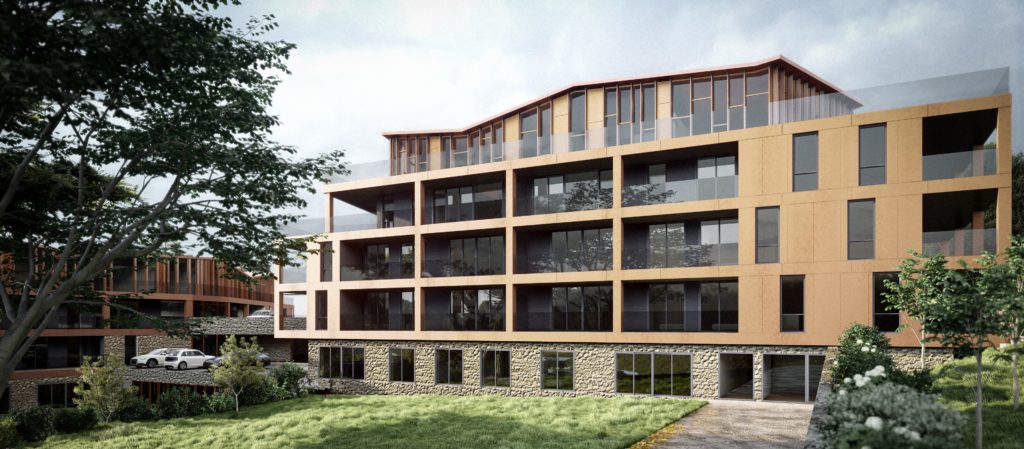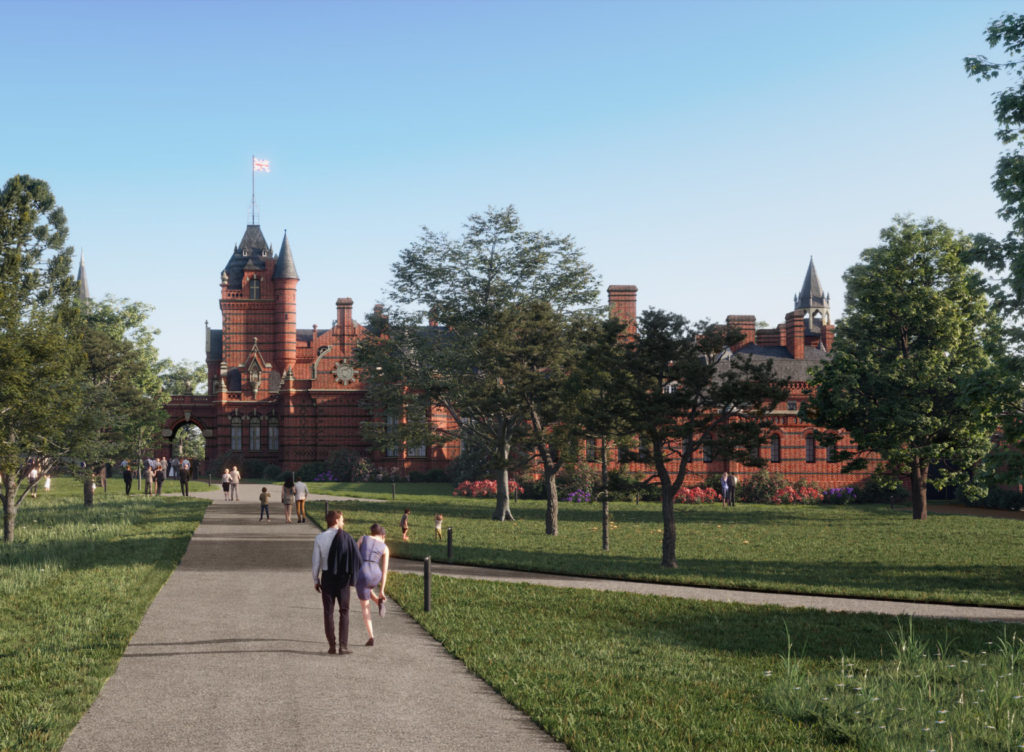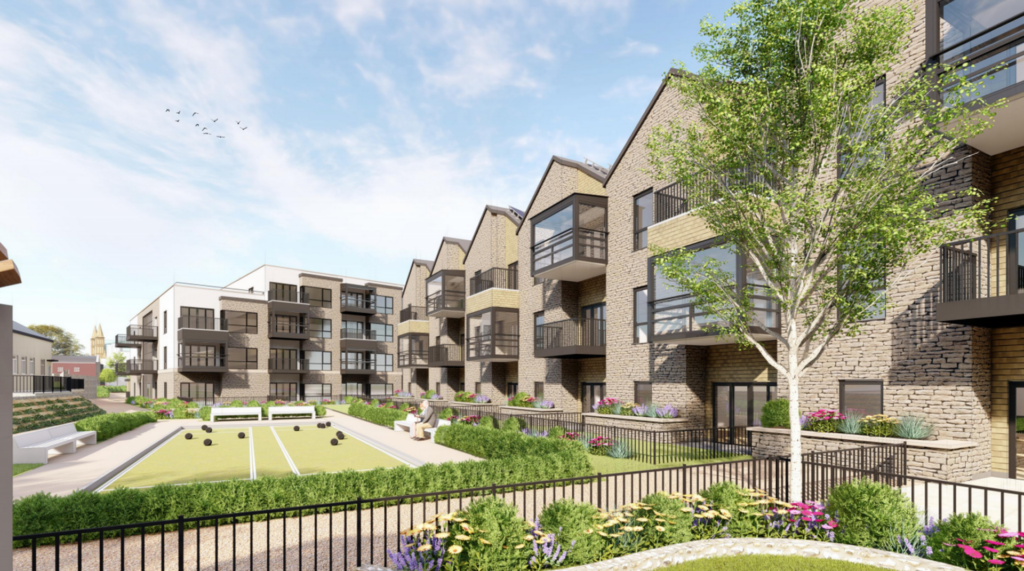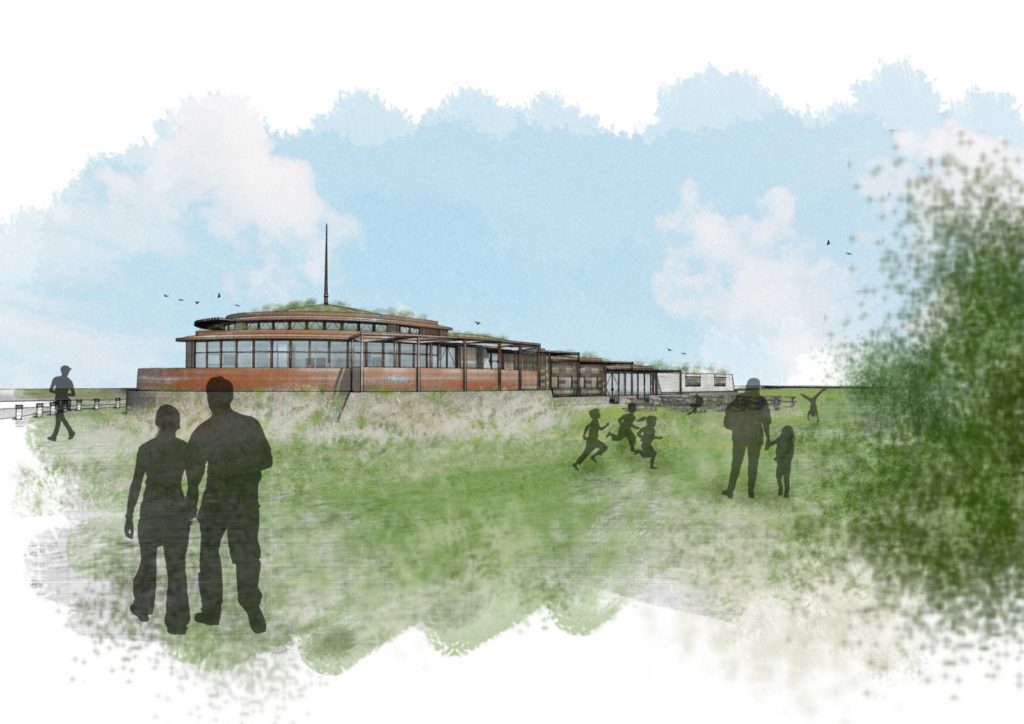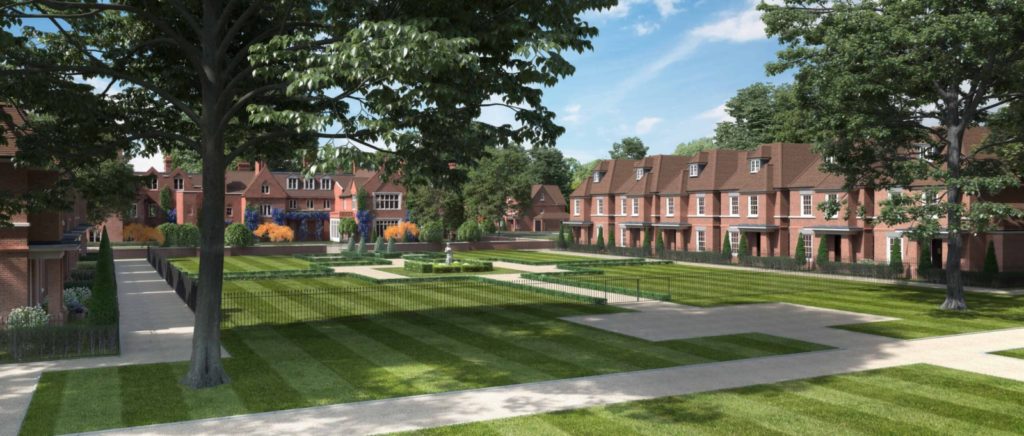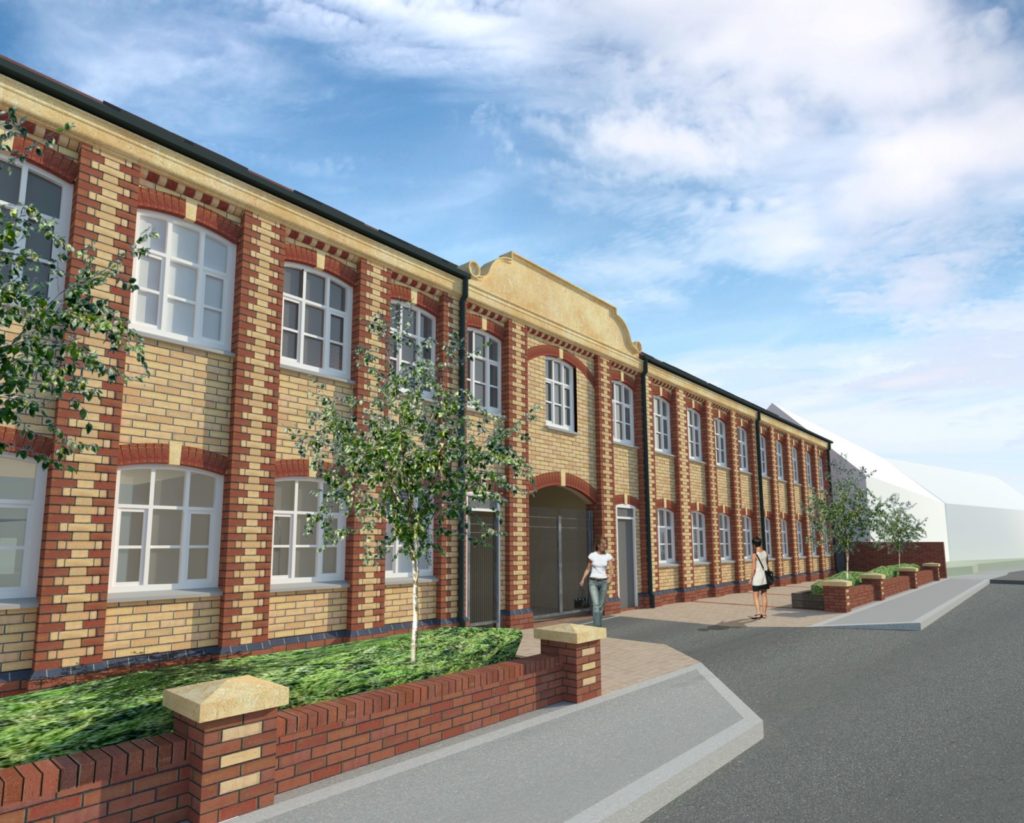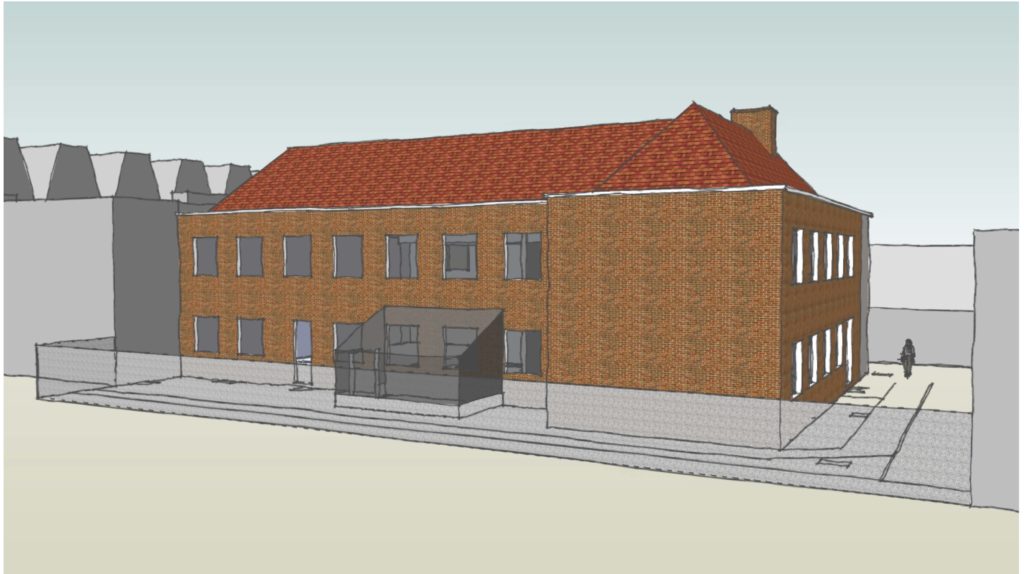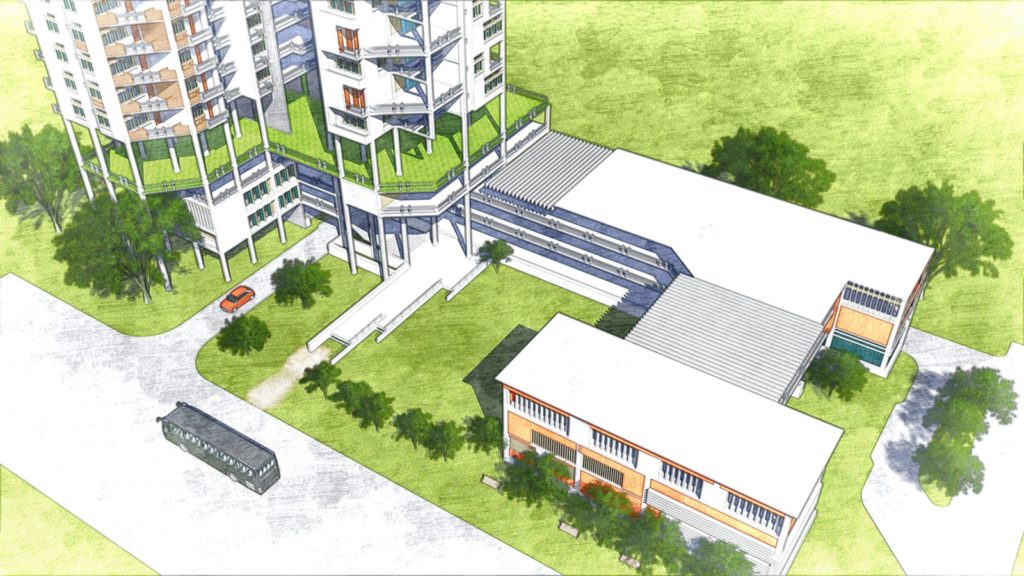

We can advise which steps are required to properly consider heritage and conservation matters

Heritage assets such as listed buildings, scheduled ancient monuments and sites within conservation areas are protected and can directly influence the acceptability of development.
Bell Cornwell is well equipped to communicate with local organisations as well as statutory consultees, such as Historic England, on your behalf. Failure to properly consider possible implications will risk any prospect of securing a positive outcome so it is essential to take measures that ensure new development does not harm such assets. We can advise on the steps required to properly consider heritage and conservation matters as part of your proposal to both protect and enhance the setting.
We prepare heritage impact assessments to accompany planning applications and ensure that any additional approvals which are required, such as listed building consent, are also applied for. Where necessary, we can also undertake negotiations on heritage matters with the relevant stakeholders such as Historic England or local historic amenity groups.
Types of development:
- Listed Buildings
- Scheduled Ancient Monuments
- Development in Conservation Areas



